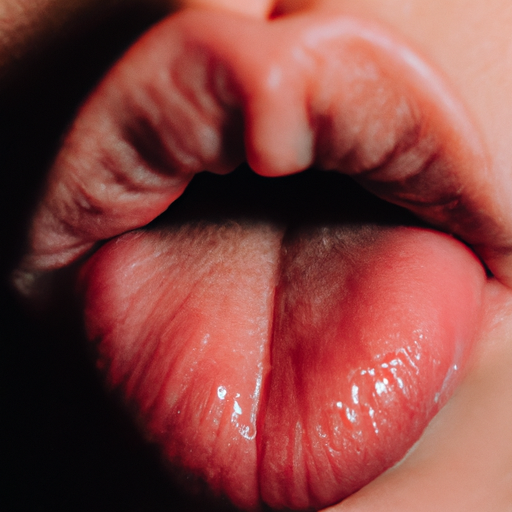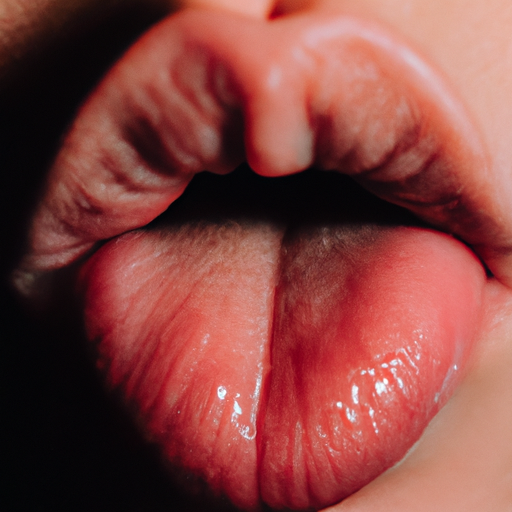Chapped lips, also known as cheilitis, are a common condition that many people experience, especially during the colder months. However, the reasons behind chapped lips are not as straightforward as one might think. This article aims to unmask the mystery and unravel the reasons behind chapped lips.
Firstly, it is important to understand what chapped lips are. They are characterized by dryness, flaking, cracking, and soreness of the lips. This condition can be mildly uncomfortable for some, while for others, it can be painful and even lead to bleeding.
The most common cause of chapped lips is environmental factors. Cold, dry weather is notorious for causing chapped lips as it strips the lips of their natural moisture. Similarly, exposure to wind and sun can also lead to dryness and cracking of the lips. This is why lip balms with SPF protection are recommended when spending prolonged periods outdoors.
Dehydration is another significant factor contributing to chapped lips. The body requires adequate hydration to function properly, and this includes maintaining the health of your skin and lips. When the body is dehydrated, it can result in dry skin and lips. Therefore, drinking plenty of water throughout the day can help prevent chapped lips.
Certain lifestyle habits can also lead to chapped lips. For instance, licking your lips can cause them to become dry and chapped. Although it might seem like a good idea at the moment, saliva evaporates quickly, leaving the lips drier than before. Moreover, some ingredients in cosmetics, toothpaste, or food can cause an allergic reaction leading to chapped lips.
Underlying health conditions can also cause chapped lips. Conditions such as diabetes, thyroid disorders, and certain vitamin deficiencies can lead to dryness and cracking of the lips. In such cases, treating the underlying condition usually resolves the issue.
Lastly, certain medications can cause chapped lips as a side effect. Drugs like isotretinoin, used to treat severe acne, can cause dryness throughout the body, including the lips. If you suspect your medication is causing your chapped lips, it is important to discuss this with your healthcare provider.
Prevention and treatment of chapped lips involve addressing these causes. Using a lip balm or ointment that is high in emollients can help seal in moisture and protect your lips from environmental factors. Look for ingredients like beeswax, shea butter, and oils such as almond or coconut oil.
Avoid licking your lips and consider using a humidifier in your home to add moisture to the air. If you suspect an allergic reaction, try to identify and avoid the offending substance. Stay hydrated and maintain a healthy diet rich in vitamins and minerals.
In conclusion, chapped lips are a common condition caused by various factors ranging from environmental conditions to underlying health issues. By understanding these causes, we can take proactive steps to prevent and treat chapped lips effectively. However, if you have persistent chapped lips that do not improve with home remedies, it is recommended to seek medical advice as it could be a sign of a more serious underlying condition.




